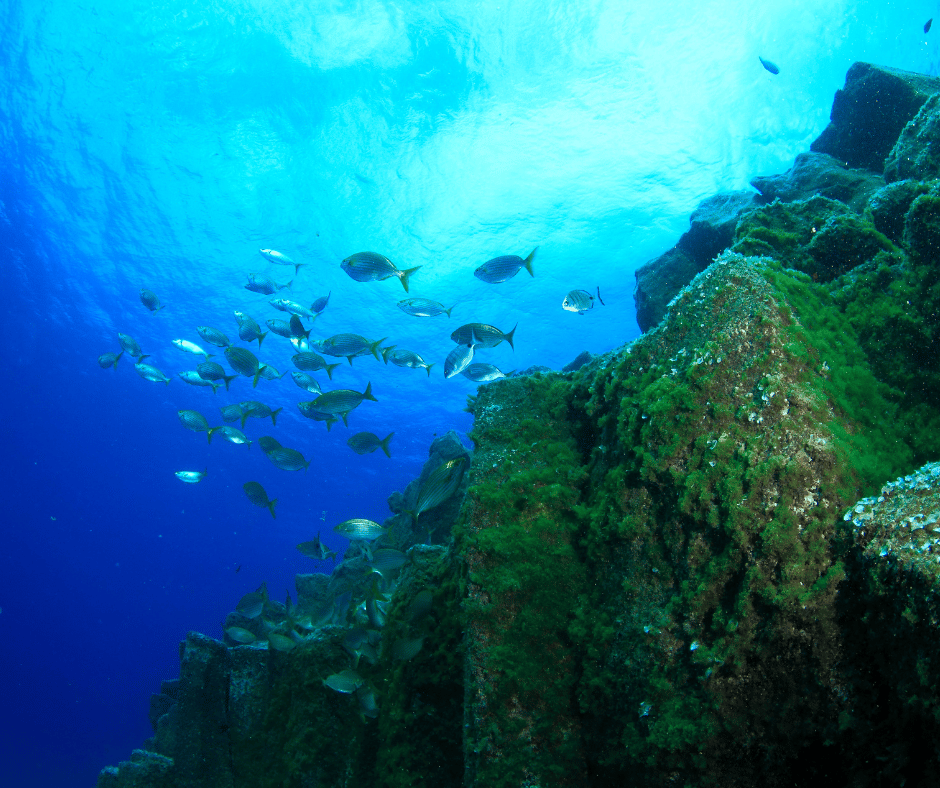The effects of climate change on our oceans are becoming increasingly evident. Rising sea levels, ocean acidification, and rising temperatures are just a few of the ways that global warming is impacting our marine ecosystems. The consequences of these changes are far-reaching and can be seen in everything from coral bleaching to changing fish populations.

As citizens of this planet, it is important for us to understand how climate change is affecting our oceans so that we can take the necessary steps to mitigate its impacts and protect these vital ecosystems for future generations. In this article, we’ll explore what you need to know about the impact of climate change on our oceans.
One of the biggest threats from climate change is rising sea levels. As global temperatures continue to rise, more heat is trapped in the atmosphere and oceans, causing them to expand and leading to a rise in sea levels. This has already had an effect on coastal communities, damaging infrastructure and making some areas prone to flooding. In addition, warmer water can be devastating for coral reefs as it causes coral bleaching – the loss of colorful corals due to elevated temperatures.
Another issue caused by climate change is ocean acidification. This occurs when additional carbon dioxide builds up in the atmosphere and is absorbed by seawater, lowering pH levels and making it harder for many marine species to survive. The effects of ocean acidification are particularly concerning for corals, shellfish, and other calcifying organisms that need to maintain a certain pH level in order to survive.

Lastly, climate change is also causing changes in ocean currents which can have an impact on the migration patterns of some marine species. Warmer waters can cause fish populations to move to different areas in search of better conditions or food sources, while colder waters can make an area unfriendly for some species. This has led to shifts in fish populations as well as declines in other forms of sea life due to changing habitats and temperatures.
The effects of climate change on our oceans are far-reaching and concerning. It’s up to us to take action now if we want to protect these fragile ecosystems and ensure a healthy future for our oceans. We can do this by reducing our carbon footprint, supporting renewable energy sources, and taking other steps to slow global warming. With everyone doing their part, we will be able to protect the wonders of our oceans for generations to come.
